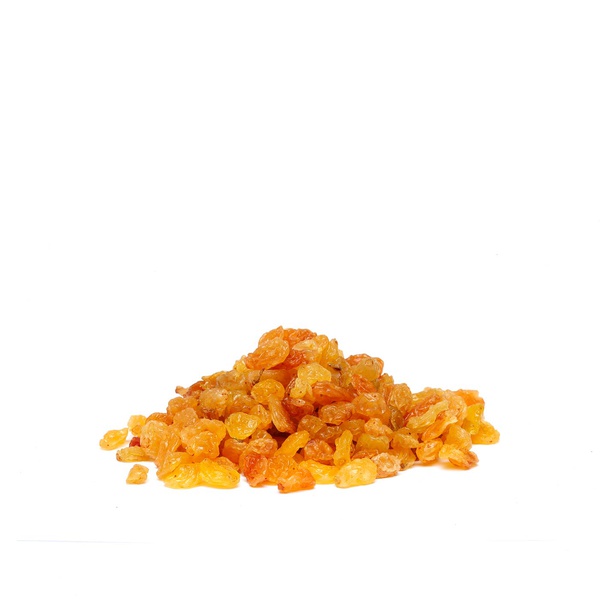Raisin the game
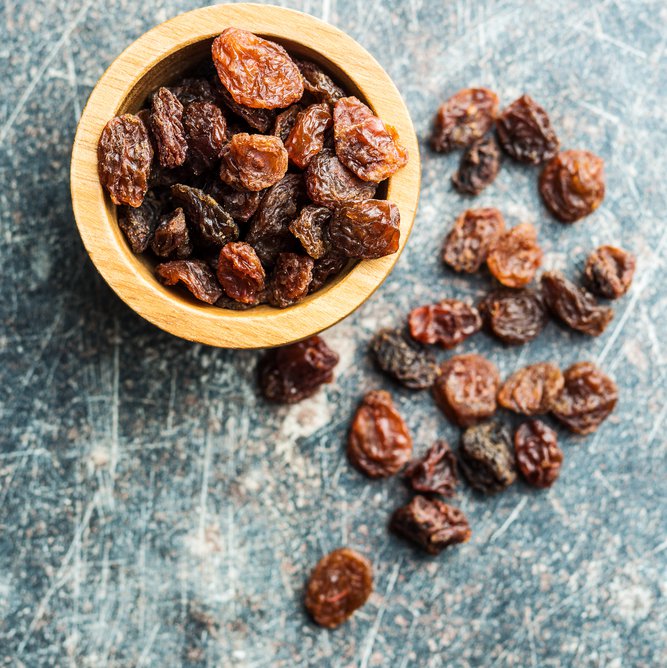
Compare nutrition, convenience, versatility and price, and a handful of raisins is a top contender in the dried fruit category. As nutritious as they are delicious, these tasty morsels of shrivelled fruit can be enjoyed on their own, on-the-go, or as part of either a sweet or savoury recipe. From perfectly-balanced trail mix, tossed liberally into salads or atop hors d’oeuvres, to natural additions to baked favourites, the raisin is undeniably versatile. Add a piquant flavour to beef, chicken, lamb and even veal, or blend them with meat gravies for a more international flavour!
From granola bars and yoghurt pots, to salad pots and ready meals, raisins feature in hundreds of supermarket products as they do not require preservatives and have their own natural sugar.
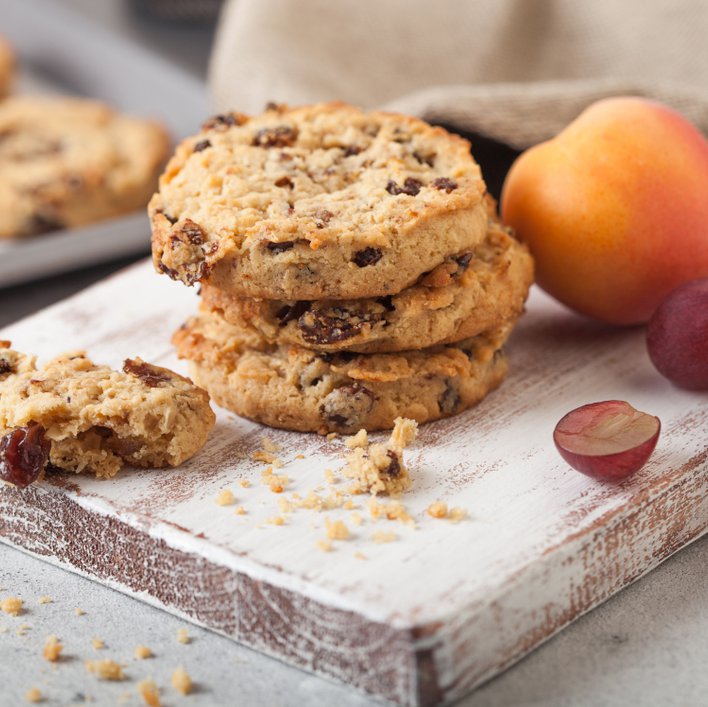
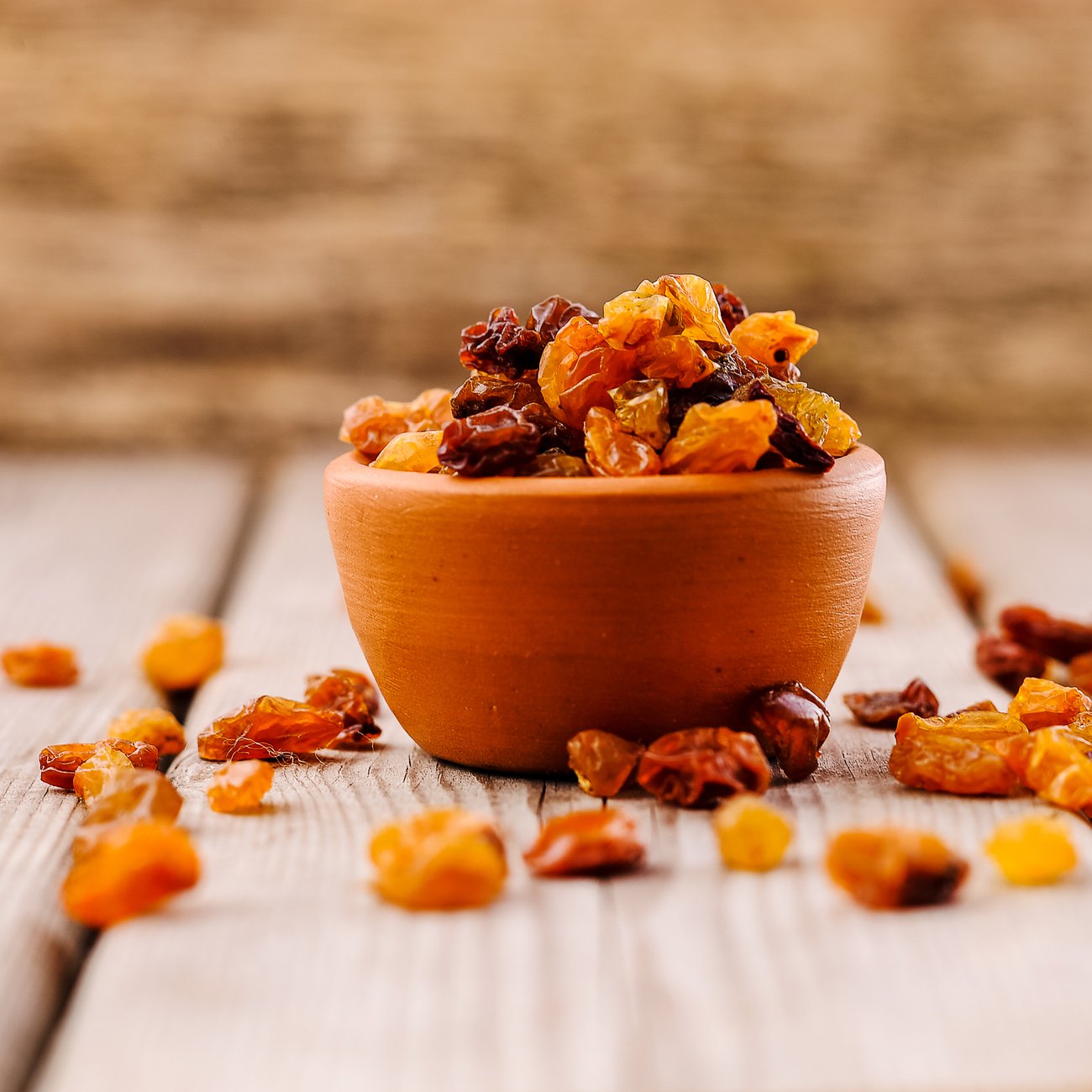
Dark brown sultana: Prepared by drying the fruit in full sun and results in a dark colour. Best for baking.
Golden raisin: This kind is oven-dried before sulfur elements are added to preserve the colour. Use in curries and cooked savoury meals.
Light brown sultana: Dried seedless grapes of the Vitis Vinifera species. Perfect for a naturally-good trail mix.
Golden long raisin: Also known as jumbo golden raisins or Kashmari golden raisins, these are great for cooking.
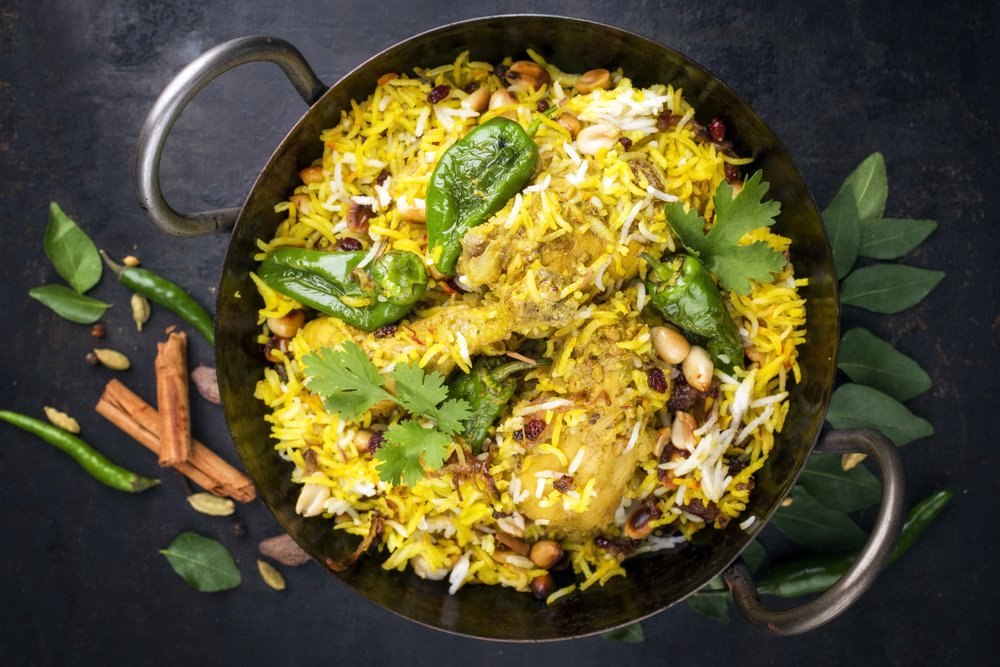
Organic raisins are packed with antioxidants and are a good source of iron, boron, calcium and vitamin C. Raisins also contain potassium and magnesium and their high-fibre content combined with a relatively high sugar and caloric content by weight makes them a common snack for energy during exercises such as hiking.
Having a few raisins every day is good for your digestive system as they contain fibres that start to swell in the presence of water. These have a laxative effect and keep bowel movements regular. The antioxidant cateching, which is present in raisins, helps protect the body against the free radical activity that can cause tumours and colon cancer. High amounts of iron and B-Complex vitamins also help to treat anaemia as the copper present in raisins also helps in the production of red blood cells.
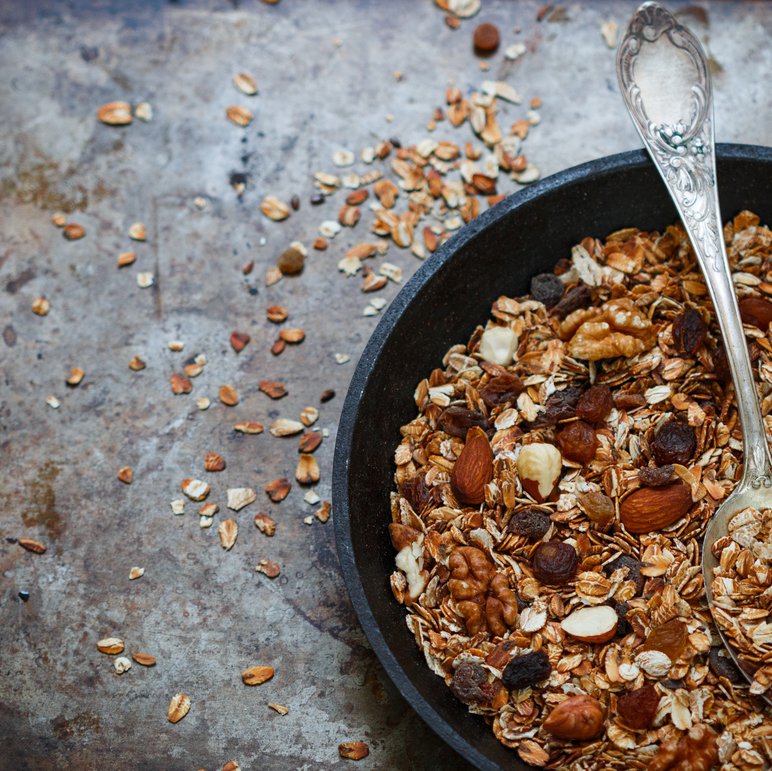

The mince pie
The festive season may be over but it doesn't mean mince pies must be banished for 12 months. Packed full of raisins, and an awful lot more, you can enjoy them warmed up with a cup of tea, or nice and cold with a glass of milk. Whichever takes your fancy, the mince pie is one of Britain’s favourite treats and the raisins at least give them a little nutritious value. While mince pies have been widely accepted as a British tradition, the idea actually started in the Middle East in the 13th Century. European crusaders returning to their homelands brought recipes that included meats, fruits and spices - which inspired the notion for a mince pie. As the name might imply, once upon a time mince pies contained mincemeat mixed with fruits and spices to help preserve it. As time went on, it became progressively sweeter until the mince was removed all together - but the name remained.
